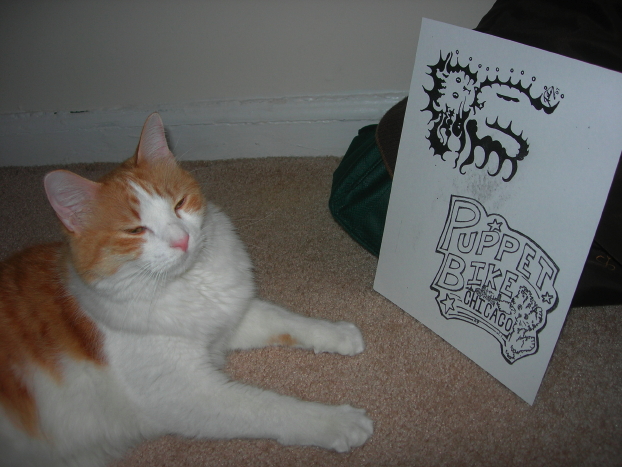I don’t believe in astrology, but according to the Gallup Strengthsfinder program, one of my top strengths is “connectedness,” a sense or conviction that all things are connected and that things happen for a reason. Perhaps that is why, having been born under what astrologists call a moon sign and bearing a variant of the name for the Roman goddess of the moon, I instinctively feel a connection to the “cold-hearted orb that rules the night.”
I had heard about a total lunar eclipse on February 13 and meant to make a note of it, but lately at many levels life has been unkind, and my mind is churning itself ever inward in a quest to find relief from the outside pressures and internal emotional turmoil that are beating it back.
That’s probably why I forgot about the eclipse.
Fortunately, J. noticed it and called me around 9 p.m., just in time to witness the loveliest moments.
The last total lunar eclipse that I witnessed was many years ago, perhaps a couple of hours later in the evening. I walked over to 55th Street and Lake Shore Drive and found dozens if not hundreds of people standing around, pointing and talking. It was an event, something to be planned for, enjoyed with others, and talked about afterward.
I was by myself but did not feel it. Like many, I stayed until after 12:30 p.m. or 1 a.m. so as not to miss a glorious moment. What was one day of greater weariness at work at such a time? The opalescent beauty of the eclipsed moon made my soul ache in a wonderful way, and the crowd around me, with whom I had at least this one moment in common, helped to ease it. It was a wonderful ache, the kind that can never be duplicated.
Now, as long as I am here at The Flamingo, I can see the moon rise over Lake Michigan from my living room window until it reaches a certain height in the sky. When J. called, I didn’t have to take time to dress and go out. I could watch the eclipse the way I always like to watch the full moon — naked, exposed, unhampered.
Yet I think I might have preferred sharing the experience, if not with an empathetic, warm-hearted friend, then perhaps with an unknown and transitory neighbor.
I looked down to where I had stood for the previous eclipse and saw no one. It was too cold. A lone Chicago police car made its circuit of the parking lot before heading west, away from the dimmed, eclipsed moon. A steady line of cars passed each other in their north or south journeys on Lake Shore Drive. Places to go, people to see, no time for cold-hearted orb above.
The flurry of traffic in its oblivious rush reminded me of a warm evening many years ago, when a full rainbow arced over the sky, its ends disappearing into the the north and south horizons. I stood at the edge of the road marveling as much at the hurry that prefers the mundane to the extraordinary as at the arc of pale colors against the storm-darkened skies.
Perhaps wondering why I was standing in such an odd spot, the driver of a car finally stopped so the passenger could get out to snap mobile phone photos that could not have done this magnificence the aesthetic justice it deserved.
This night the moon was too high in the sky for anyone in a car to notice it, and there were no strange, lone womanly figures standing by the road to serve as a signpost. The police made their accustomed rounds of the parking lot as they do every night, and the world drove on, unaware of the event taking place thousands of miles away visible right over their heads.
I couldn’t help thinking of a time when the world was, in theory, less connected than it is today — when western and eastern hemispheres were ignorant of one another; when there was no telegraph, telephone, or Internet; and when communication in writing or through messengers and emissaries took weeks or months to wend its way back and forth.
Anyone who was still awake might have looked up into the sky and seen the strangely darkened glow of the moon and felt connected to the universe the moon represents, to God or the gods, and to something greater than the work and cares that bind us together yet keep us apart. Those watching the moon’s temporary transformation might have realized that they were not alone in their sense of awe and wonder. For a moment, they may have felt themselves transformed, too, into part of something great and magical, something that spoke to their mind, their heart, and their soul. And then some more practical person, perhaps a spouse or a parent, might have called them in out of the cold and the elements — or that practical soul may have felt themselves drawn to see what was so compelling and beautiful.
Sometimes I think that the more physically connected we are through technology, the less spiritually connected we are to the something greater in which our tiny planet exists.
We speed to destinations unimportant as the moon presides over all.

